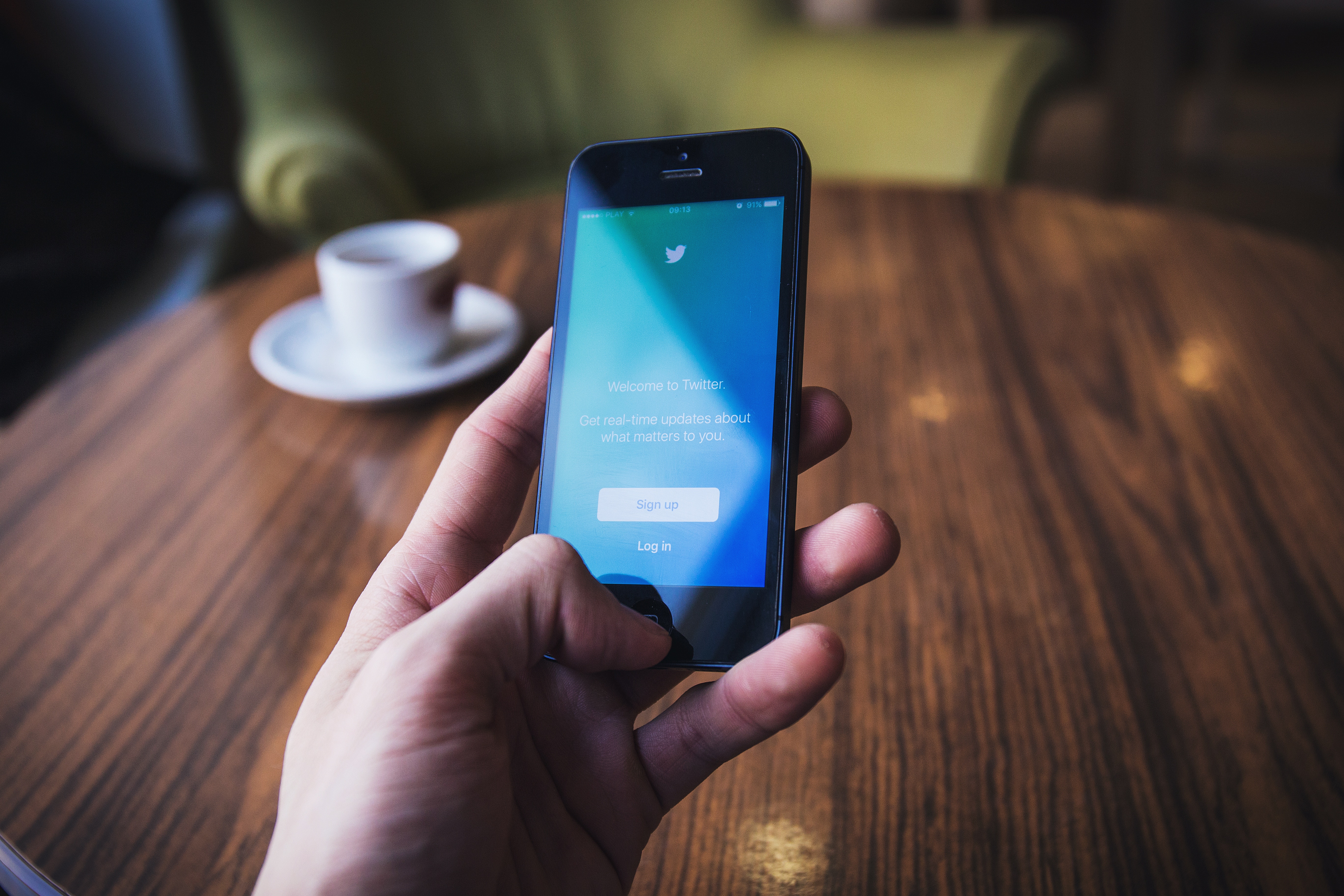Have you ever feared going on social media? Well I used to dread going on LinkedIn.
On the one hand, I loved staying up to date on what friends were up to professionally. On the other hand, seeing friend A become VP of company A, and friend B becoming CEO of startup B made me feel bad about myself.
Sharing this feeling of jealousy and inadequacy in-person with others revealed to me that EVERYONE feels like this, sometimes. Even the most “successful” people feel insecure about their accomplishments. Especially the most successful. That’s because many successful people are driven by the fear of failure and it is exactly this fear that drives them to work hard to achieve their goals.
This type of fear motivated me to work hard and served me well for years. I graduated magna cum-laude from an Ivy League university, was top of my class in Investment Banking, worked in one of the top private equity companies in the world, then got into Stanford Business School. I followed my passion to work in health & wellness after Stanford and rose quickly through the corporate ranks. By all traditional standards of success, I was successful.
But this type of success also takes a toll mentally, especially in the age of social media. That’s because we are made especially vulnerable to our fears and insecurities when we are constantly reminded of others’ seemingly perfect lives.
A few years ago I started to practice mindfulness meditation, partly to try and turn off that self-judging voice. I quickly found it helped and signed up for a 200-hour teacher training program to deepen my practice.
Fast forward to today. I’d be lying if I said I don’t feel any pangs of inadequacy when I see other people’s accomplishments. I still do but I’m able to let it go quickly. And I do not let it bother me and ruin my day. I’m not fearful anymore of going on LinkedIn. Here is how meditation helped me get there.
Self-Awareness
Mindfulness meditation is the practice of observing what is in the present moment with a lens of curiosity and kindness. Through the practice of simply watching my mind and whatever it conjured up, I got to know its quirks and habits. Specifically, I became very familiar with my comparing mind and ego. It tends to be self-judgmental, and likes to compare apples to oranges. It would look at someone else’s achievement and translate it into some form of self-deprecation. Meditation helped me become aware of these habits.
Letting Go
The most basic technique we practice in mindfulness meditation is to anchor ourselves to our breath, and when thoughts pop up which they inevitably will, we let them go and return to our breath. We practice this again and again.
We know what we practice only becomes stronger. So by practicing letting-go in meditation, I strengthened my “letting-go” muscle. I would see a thought and let it go. About 0.03 seconds later, another self-judging thought would appear, and I’d let that go. Then two minutes later, I’d notice my mind was completely elsewhere and think “you suck.” I’d let that go to and return to my breath. Over time, these thoughts not only lost their potency but also became less clingy.
Self-Compassion
The longer I meditated, the more I saw clearly the ego and comparing my was hurting me. They would clutter my mind with a mess of dark clouds. They’d be there when I went to sleep and when I woke up. They would not leave me alone when I worked out or attended meetings. They would take a perfectly good day and turn it into a not so good one. They made me feel frustrated, angry, indignant, sad, depressed, frazzled. And all of this manifested in my body as tightness, gritted teeth, shallow breathing, and sometimes pain.
Over time however, I slowly began to feel empathy and compassion for myself. I knew I was hurting myself and those around me by being a curmudgeon and I wanted better. Sitting down to meditate became a practice of self-kindness. Now I know compassion shows up in my body as a sense of warmth, comfort, and sometimes even a tingling sensation. Trust me it feels really good.
Social media is here to stay. The average person spends almost 2 hours a day on social media. And it can benefit our lives in many ways. But it also negatively affects our psyche. While it’s unrealistic to avoid social media altogether, it is realistic to become more aware of how these platforms affect us, and to learn to engage with them in a manner that brings us joy and ease. Meditation can be just that tool to help us get there.
Here’s a final thought, what if you meditated one minute for every ten minutes you are on social media?


